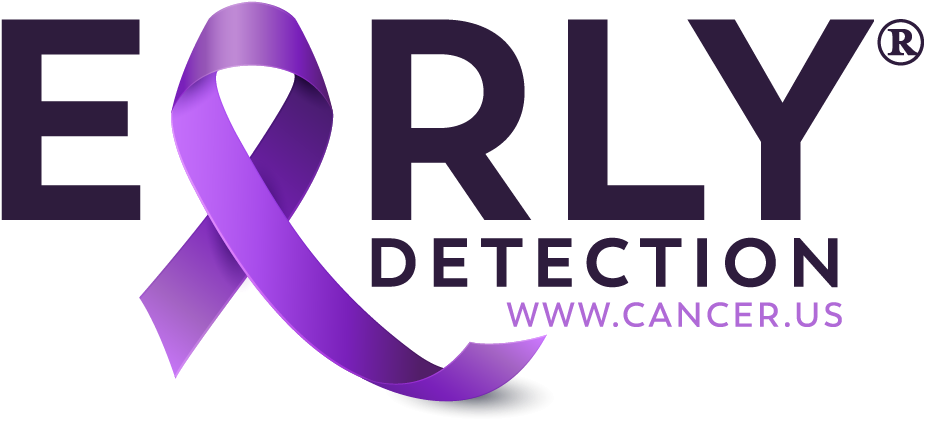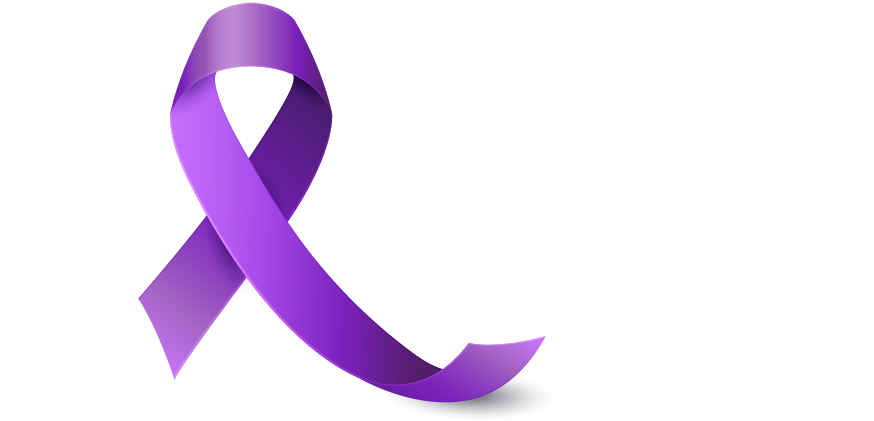
There remains a critical need for an early stage breast cancer screening test.
Physical breast exam and mammograms may miss up to 40 percent of early breast cancer.
If found early, before spreading, most breast cancers can be removed surgically. The EarlyTest is not a diagnostic test, as it looks to see if an altered sugar is being produced. However, if positive, the EarlyTest indicates that further investigation should be considered.
To conduct a breast screen, fluid from the nipple is obtained.
To obtain a sample, a woman needs to gently massage her breast from the outer quadrants toward the nipple for about a minute or two. A silicone cup is added to the end of a syringe, which then creates suction over the nipple that is similar to that of a breast pump. When the physician or technician draws back on the syringe, a small amount of fluid (called nipple aspirate) will usually be obtained, even if the patient has not breast fed for many years. No needles are involved.
Current breast cancer screening has risks.
According to the Harding Center for Risk Literacy, when looking at women over age 50 who had mammography screening for 10 years or more, versus those that had no screening, there were 4 deaths per 1,000 in the screened group compared to 5 deaths per 1,000 in those women who didn't have screening — saving only 1 life per thousand came with a significant cost.
In the non-screened group, the women had no false alarms/false positives, received no additional treatments, and had no biopsies, whereas the screened group had approximately 10 percent false positives or 100 false positives per 1,000 women.
The screened group of women with non-progressive cancer had 5 unnecessary partial or complete breast removals per 1,000 screened women, where the non-screened women had none.
Aside from the terrible psychological trauma associated with so-called prophylactic mastectomy, that many find unconscionable, the economic cost of the screenings, treatments, biopsies, and breast removal is immense.

